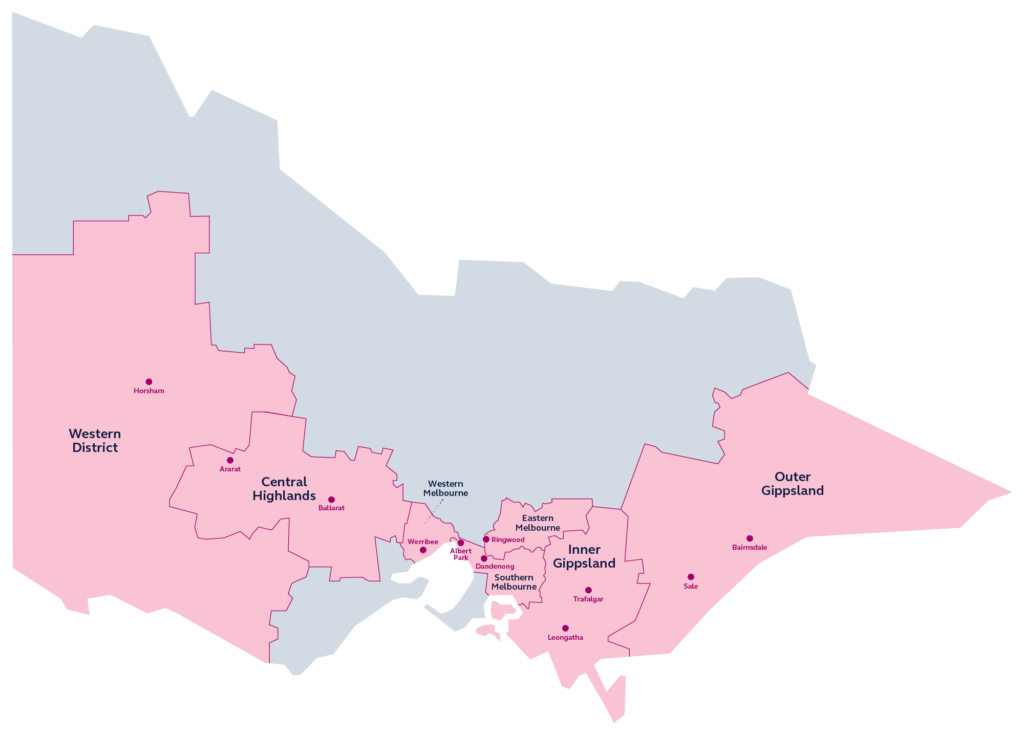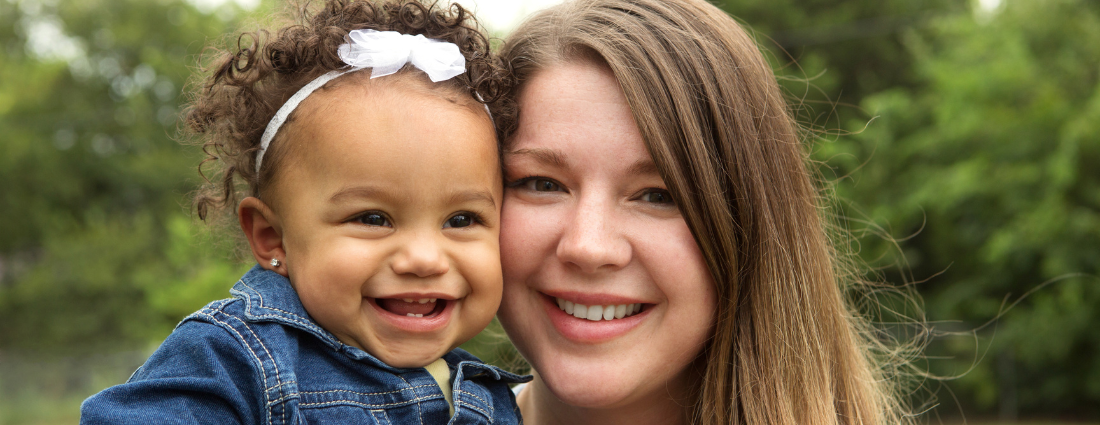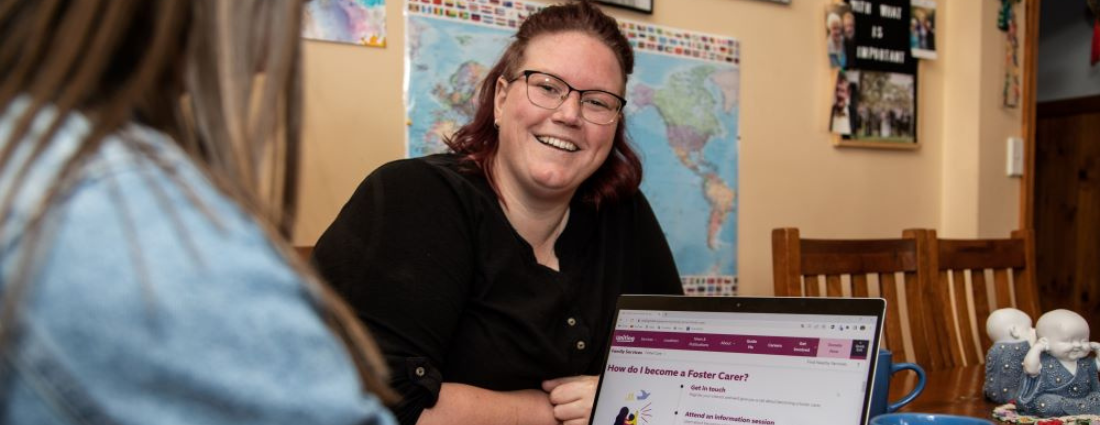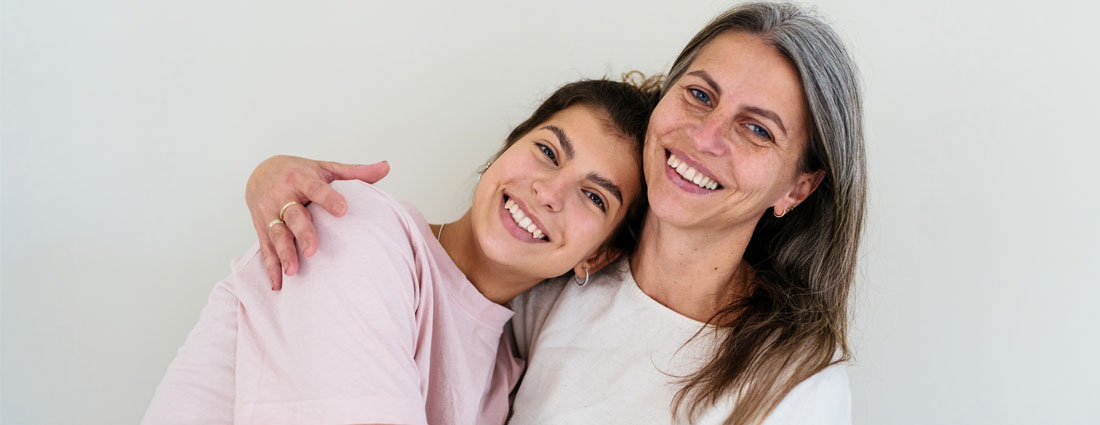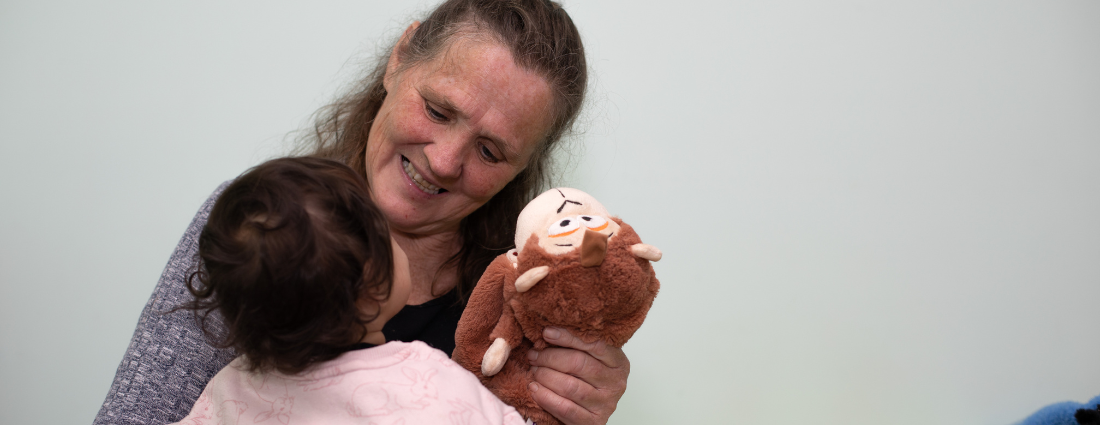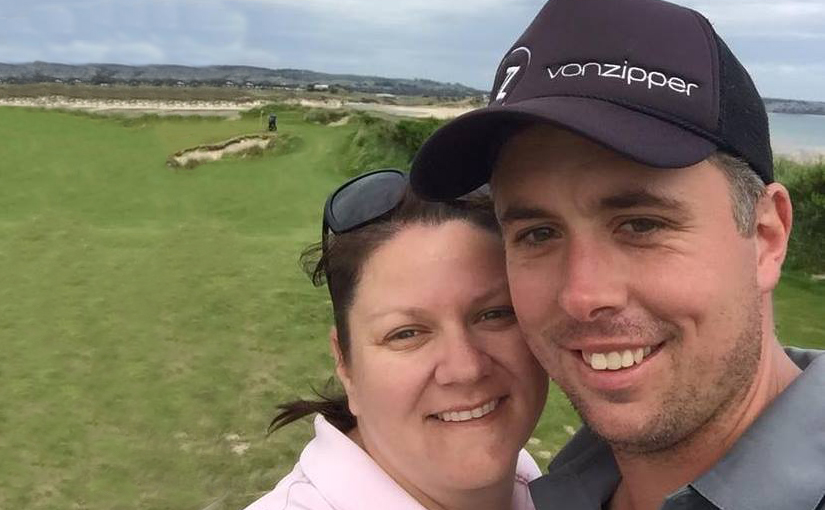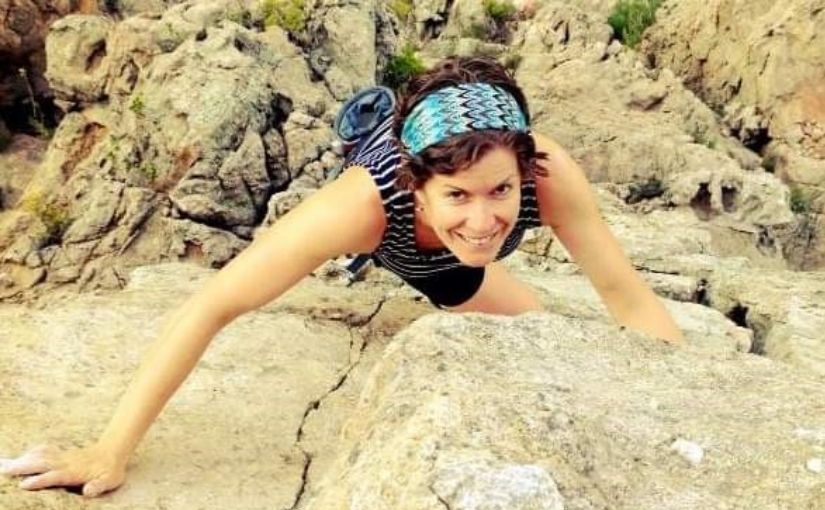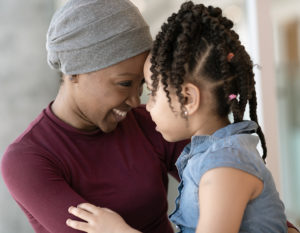Create a safe and happy home for children in need.
Become a foster carer and provide a stable and supportive environment for children and young people.
Become a foster carer for children and young people
We urgently need your help.
Every child deserves a safe and supportive home where they can thrive.
Unfortunately, not all children have that opportunity.
That’s why we need caring individuals like you to become foster carers.
Becoming a foster carer gives you the chance to make a positive impact on a child, or young person’s life. With training, expert support, and resources, we’ll guide you every step of the way on your foster care journey.
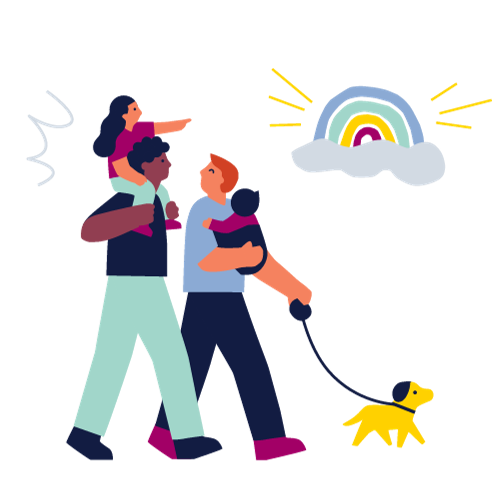
Anyone can be a foster carer
Foster carers come from diverse backgrounds and family types.
As a foster carer you can:
- be single or have a partner
- have children of your own
- work, study, be home-based or retired
- be of any culture, religion or sexual orientation.
If you’re interested in making a meaningful difference in the lives of vulnerable children and young people, please consider becoming a foster carer.
Types of foster care
Fostering a child can be short or long term. We offer a range of care types to ensure the best fit for every carer and child.
Types of care we urgently need:
- Weekend respite - care over occasional or regularly scheduled weekends
- Emergency care – urgent care in response to a child’s safety
- Short-term care - care that ranges from a few days to a few months
- Long-term care - continued care for many months or years.
We understand that you may be new to fostering, so we’ll match you to a type of care suitable to your current lifestyle and responsibilities.
You won't be alone
When you become a foster carer with Uniting, you’ll have a specialised support team with you every step of the way. Support includes:
Comprehensive training on parenting approaches to support healing and skill development.
Ongoing support, supervision and practical assistance from a designated Case Worker.
Access to a dedicated expert care team.
Access to respite care for your foster child when you need a break.
After hours on-call support service.
Financial support to help cover the costs that come with being a foster carer.
Comprehensive training on parenting approaches to support healing and skill development.
Ongoing support, supervision and practical assistance from a designated Case Worker.
Access to a dedicated expert care team.
Access to respite care for your foster child when you need a break.
After hours on-call support service.
Financial support to help cover the costs that come with being a foster carer.
How do I become a foster carer?
Register your interest and take the first step towards becoming a foster carer by getting in touch with us.
Chat to us about becoming a foster carer and receive essential information to help you make an informed decision.
To ensure the safety of children in care, you will undergo comprehensive assessments including Health Checks, National Police Check, Working with Children Check, and a Home and Environment check.
Get equipped with crucial skills and knowledge about fostering children, child safety, and access to a range of resources.
Through interviews with you and everyone who lives in your home, we will conduct a detailed assessment to lead you towards accreditation.
Upon accreditation, we will match you with a child or young person. And we’ll continue to give you ongoing support throughout your foster care experience.
Fostering with Uniting
For over 200 years, we’ve supported communities, particularly our most vulnerable.
We believe foster carers offer vital stability and nurturing relationships that are crucial for healing vulnerable children. Our dedicated teams support and equip you for this rewarding yet challenging role, ensuring you can provide the best care for those who need it most.
If you choose to become a foster carer with Uniting, we’ll be with you every step of the way, offering support, guidance, and encouragement.
We support foster cares across the eastern, south-eastern and western regions of Melbourne, as well as Ballarat, the Central Highlands, Wimmera and Gippsland.
Common questions about fostering
What is foster care?
Foster care is the temporary care of children and young people by members of the community who become trained and accredited foster carers. Foster carers look after and support vulnerable children and young people between the ages of 0-18 who are unable to live at home or with other family members.
In most cases, when a child or young person first comes into foster care, the aim is to support the parents to have their child or young person return to their care, as soon as it is safely possible. Foster carers play a key role to support reunification, noting most children and young people return home to their parents within six months.
Why are foster carers needed?
Evidence suggests that when young people are in a stable and caring home, they have the best opportunity to thrive.. Foster carers play an important role in helping children and young people stay connected and feeling safe during a time of change and uncertainty.
Becoming a foster carer takes time and dedication and providing care can at times be challenging. However, for the many wonderful foster carers in our community, most say the rewards far outweigh the tough times.
But it’s not just about the emotional rewards, it’s also an opportunity to make a real difference in your community. By helping children meet their full potential, you can help shape the next generation
Hear from some of our carers about their life-changing and rewarding foster care experience in the stories further down this page.
Why do children enter foster care?
The most common reason children and young people enter foster care is due to child abuse and neglect, parental substance abuse, parental mental health issues and domestic violence. Children and young people may enter care alone or with siblings. They often have experienced trauma or loss, leading to diverse needs.
Research shows quality foster care can vastly improve a child’s future and greatly reduce their chances of homelessness, unemployment, mental and physical health concerns, and involvement with the criminal justice system.
Your choice to become a foster carer can be life-changing for a child or young person.
How long does a placement last?
You can choose to care for children and young people for a night, a weekend or longer, including months and years.
Some carers may choose to provide only one type of care, while others may provide a combination of care arrangements.
Who can become a carer?
You can become a carer if you are 21 or over, have room in your home and of course, care about children and young people.
Foster carers come from all backgrounds and life stages. Foster carers are singles, couples, same-sex couples, families and come from all age groups. They may be renting or living in their own home; employed, studying or retired; and come from diverse cultural, religious and ethnic backgrounds.
Foster care involves everyone in a household. If you live with a partner or have children of your own, it is important to discuss it with them before applying. All household members over 18 will be involved in the assessment process and undergo background checks. You will all need to feel comfortable and ready to take the next step.
How much space does a foster child need?
Contrary to what people think, you do not have to have a large home to become a foster carer. All that is required is a spare bedroom to provide the children in your care with the personal space, privacy they need and storage for their personal belongings.
How long does it take to become a foster carer?
On average it takes 4 to 6 months to become an accredited foster carer. However, everyone’s circumstances are different so the process could be longer.
This process is a collaboration between you and Uniting (your agency), we will schedule visits, organise training and assessments at a pace that suits you.
Can I learn about a child before accepting a placement?
Yes, you can ask for information about a child or young person which will help you prepare for the placement, including information on their medical needs, routine, behavioural needs, placement history, and the reason for their current placement. You’ll also be told the child’s family details, contact arrangements, and how to best support them culturally.
Can I choose the age of the child or young person who is placed with me?
Yes. We will always want to match you with a child who is a good fit for your family. However, it is worth noting that the more specific you are about the type of child best suited to your circumstances, the longer it may take to find an appropriate match.
Can I say no to a placement?
Yes, you can always say no.
You can let us know when you can and cannot accept a child into your home. You may decide that a specific placement is not right for your family for any number of reasons. We’ll support you through these decisions.
Can I take a break or stop fostering at any time?
Yes, you may take a short break or discontinue from caring at any time. You can also access short term respite for children in their care.
If you are thinking about returning to foster care, we’ll work closely with you to ensure you have access to the training and resources you need.
What financial support is provided?
Although foster care is a voluntary role, you will receive a reimbursement towards the day-to-day costs of caring for a child or young person. These payments are tax-free and made fortnightly by the Department of Families, Fairness and Housing (DFFH).
Where extra expenses are incurred beyond what is considered the ordinary costs of care, additional financial support may be available. These details will be covered during our information, training and accreditation process.
Learn more by viewing our Foster Care Information Guide.
Foster care stories
Hear the real story
Make an impact in 2024 by becoming a foster carer.
Hear the real story
Open your heart to fostering.
“ You don’t know how good it is until you do it. I’m not going to lie, it can be very hard but it’s so worth it. I have grown immensely since becoming a foster carer.
Hear the real story
Giving children the future they deserve.
Foster Care
“ “When she came in, she was very shy, very quiet but now she’s just part of our family. Every day is rewarding for all of us. She’s a beautiful child.”
Hear the real story
Linda and Craig’s inspiring journey as foster carers.
“ Foster care is just like having your own children, you’re giving kids what they need in life.
Hear the real story
Natalie’s story.
In the community
Hear the real story
Helping children to thrive.
Jill, Foster Carer
“ I was single, I had a spare bedroom and I was working part-time. I felt like I was in a good position to become a foster carer
Hear the real story
Providing a home away from home.
Geordie and Matt, Foster Carers
“ We decided not to take on long-term care because we both work full time. We decided respite care would be better suited to us
Hear the real story
Respite carers provide vital break.
Bec, Foster Carer
“ I’ve made the choice not to have children of my own because I enjoy my independence, but I’ve always enjoyed being around children
We can support you with
Get in touch
We’re here for you.
If you’re interested in becoming a foster carer, we’d love to hear from you. Get in touch with our team today.
You might also be interested in
Become a foster carer.
"*" indicates required fields
